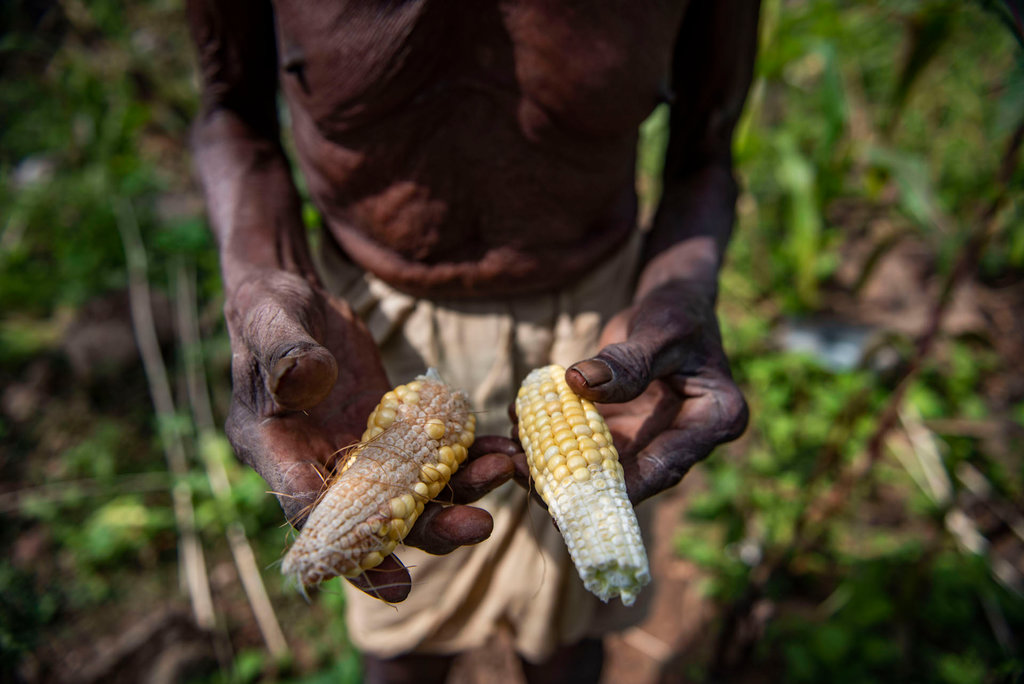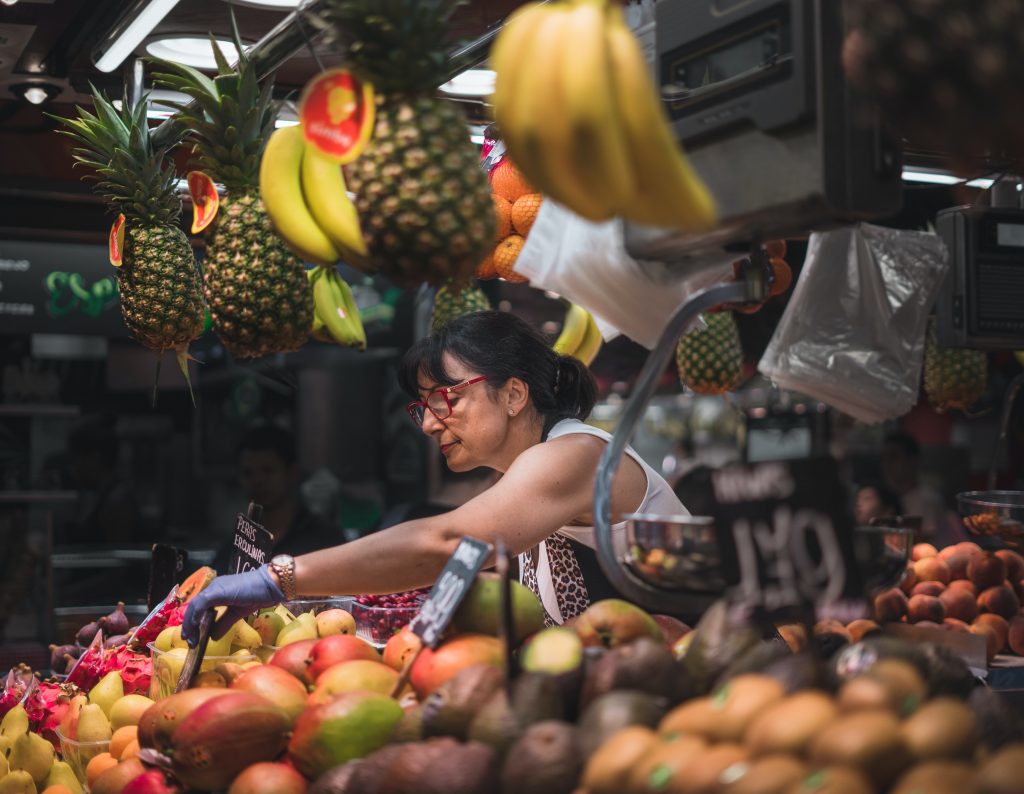Our partners at COP26 are all contributing to a dramatic schedule that will pitch Glasgow to the forefront of the global response to climate change. The Resilience Hub events platform is live on this site and you are invited to register to attend either virtually or in person. Browse the calendar and register your interest here.
Our partners for the Food and Agriculture programme theme:
Just Rural Transition (JRT) transforming how we produce and consume food
Fundación Avina foundation for the food of tomorrow
International Institute for Environment and Development (IIED) global leader in sustainable development
Climate Change, Agriculture and Food Security (CCAFS) promoting climate-smart agriculture
How does Food and Agriculture effect resilience?
Nature is a force for good. Although food systems are the primary driver of biodiversity loss (with agriculture accounting for 80 percent of extinction threats to all mammalian and bird species), working with nature and people to enhance the role of ecosystems can deliver both adaptation and mitigation outcomes while also tackling biodiversity loss, inequality, and poverty.
This theme will showcase evidence-based, people-centred, inclusive solutions at all levels, involving Indigenous Peoples and local communities, women, youth and other marginalised groups from the Global South.
Through creative, innovative, and positive-minded events we will bring together government, civil society, and the private sector in discussion and debate to showcase how food systems can deliver for climate, nature and people to catalyse a just, inclusive, and nature-positive future.

What does this mean in practice?
- Understanding nature’s role in adaptation measures for food and agriculture (prioritising examples that have both mitigation and adaptation perspectives)
- The role of food and agriculture in supporting rural livelihoods and resilience
- Achieving a just food and agriculture transition
- Encouraging collaboration/partnerships to deliver innovative solutions (including public-private partnerships, multi-stakeholder platforms)
- Climate and food digital services – support scaling of advisory services for climate adaptation (prioritising proposals that include both adaptation and mitigation perspectives)
- Highlighting links between nature-positive food and agricultural transformation supporting the Covid-19 green recovery
- Nature-positive innovative solutions – particularly in the Global South – that support farmer livelihoods
- Solutions that are not only nature-positive, but tailored to the needs of farmers
The challenge and magnitude of the problem
- Agriculture is currently part of the problem, but can be a major part of the solution.
- Two billion people lack access to sufficient, nutritious food, and agriculture workers and their families make up two thirds of the 740 million people facing extreme poverty. Some 1.2 billion jobs in sectors such as farming, fisheries, forestry and tourism depend on healthy ecosystems.
- Over a billion tonnes of food is wasted each year.
- Climate change is expected to have a major impact in developing countries, especially for small farmers in the Global South.
- Water scarcity due to climate change also poses important risks for agriculture and food production
- Rural and indigenous communities, food production, and key ecosystems are under growing stress from climate change.
- There is an ever-growing body of research and examples of nature-positive food and agricultural practices that can deliver outcomes for climate, nature and people.
How will we know if we’re getting it right?
- Showcase examples of nature and people in action, delivering a range of outcomes that support our vision for food and agriculture transformation.
- Provide tangible food systems, land-use and nature-positive solutions – as well as case studies and available knowledge resources – to support engaging and collaboration between public and private leaders at national, regional, and international levels, increasing awareness, developing and scaling innovative solutions, and accelerating action.
- Secure commitment to the Race to Resilience (and the principles for Locally Led Adaptation) from key food system and agriculture actors.

